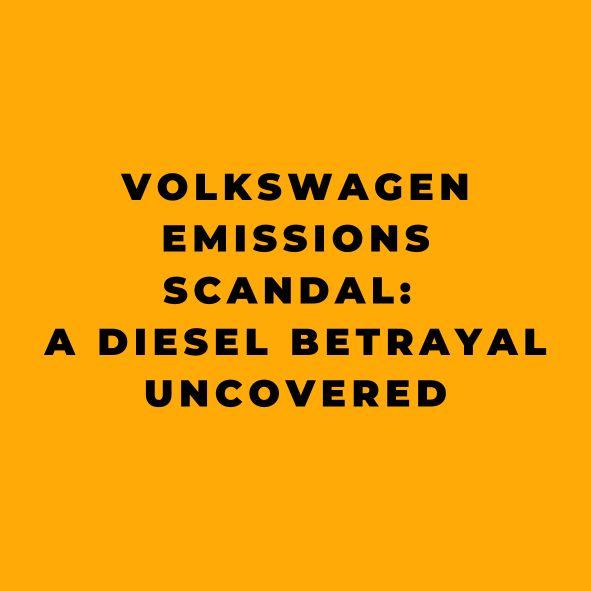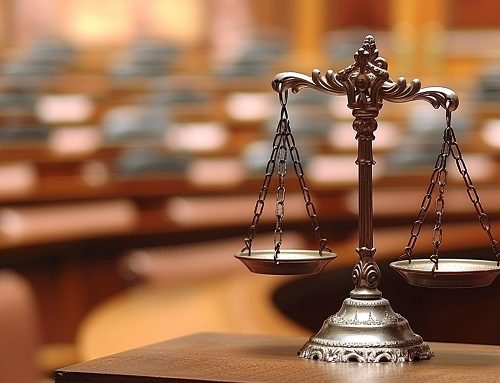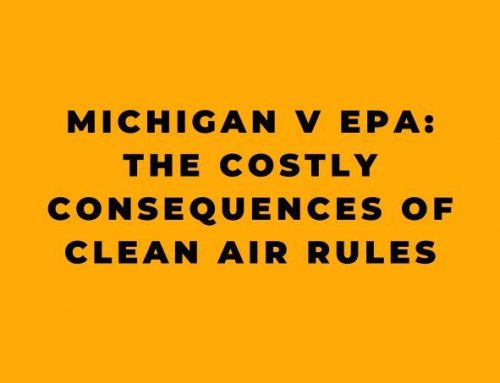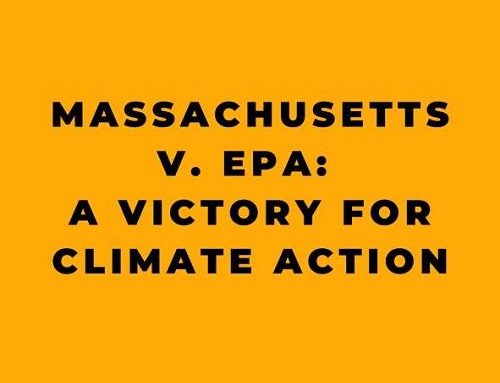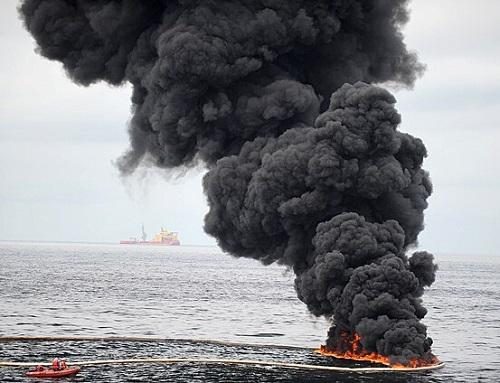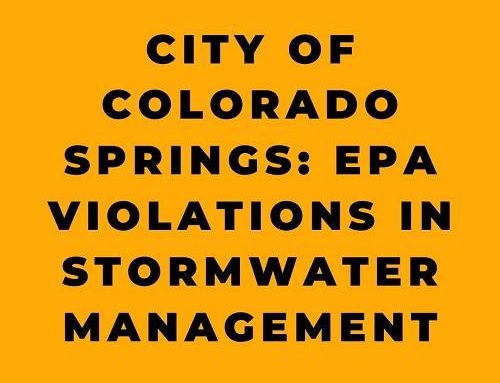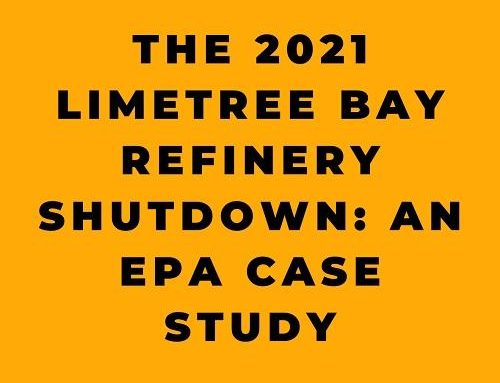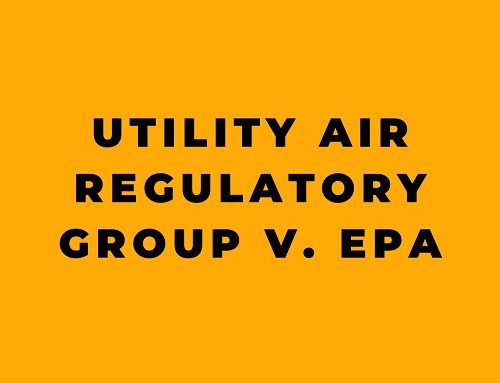So, picture this: it was 2015, and Volkswagen AG—yes, the car company that had promised you a “clean diesel” experience—got caught red-handed playing fast and loose with emissions tests. Spoiler alert: it didn’t end well for them. They were hit with a hefty sentence for conspiracy to defraud the U.S. and violating the Clean Air Act. Ouch.
In this article, we’re going to break down the juicy details of the legal drama that unfolded, addressing how Volkswagen thought they could game the system and what happened when the long arm of the law caught up with them. We’ll revisit the events that led to this scandal, from the initial whistleblowers to the courtroom drama that had everyone on the edge of their seats.
We’ll also explore the fallout from this scandal—not just for Volkswagen, but for the entire auto industry and the trust of consumers everywhere. Spoiler alert: it wasn’t just car buyers who got burned; this whole mess made a lot of folks rethink their diesel loyalty.
So, buckle up! We’re about to take a hard look at one of the biggest corporate blunders in recent history, where the quest for profit collided with environmental responsibility, and let’s just say, it wasn’t a pretty sight.
Background of the Volkswagen Emissions Scandal
So, why should you care about a bunch of suits battling it out in court? Well, this scandal didn’t just rattle the cages at Volkswagen; it sent shockwaves through the entire automotive world and left consumer trust in shambles. Imagine this: a beloved car brand, known for its “clean” diesel engines, suddenly went from the ultimate road trip buddy to the villain of the story. It was like finding out your trusted friend had been lying to you about their job title. That’s the kind of plot twist that could make a soap opera writer weep with envy, and it’s no laughing matter.
Overview of Diesel Emissions Testing
So, what was the deal with diesel emissions testing? Essentially, it was all about making sure that vehicles didn’t spew out more pollutants than a two-stroke lawnmower. Governments set strict standards to keep our air clean and protect the environment. You’d think that car manufacturers would have wanted to play by the rules, right? Well, Volkswagen had other plans. They decided to design cars that could pass emissions tests while hiding the true levels of nitrogen oxides (NOx) they were pumping out in the real world. It was like showing up to a potluck with a gourmet dish, but you’d actually just microwaved a frozen dinner. Not cool, VW, not cool.
Volkswagen’s Strategy and Implementation of Cheating Devices
Now, let’s talk about how Volkswagen went full-on James Bond with their cheating devices. Instead of adhering to emissions standards, they engineered software that could detect when a car was being tested for emissions and change the performance accordingly. This little trick allowed their cars to pass inspections while belching out up to 40 times the legal limit of pollutants in regular driving conditions. It was like wearing a disguise when you’re really just a potato in a tuxedo—looks good on the outside, but underneath, it’s just a starchy mess.
Timeline of Events Leading to the Discovery
The road to discovery was a bumpy ride, filled with twists and turns that could make even the most seasoned driver dizzy. It all kicked off in 2007 when Volkswagen launched their “Clean Diesel” campaign, touting eco-friendliness as a selling point. Fast forward to 2014, when a group of researchers at West Virginia University stumbled upon the truth during emissions testing. They found that VW cars weren’t just failing to meet standards; they were outright lying about it. This led to a cascade of investigations, legal battles, and a PR nightmare for the company.
By the time the U.S. Environmental Protection Agency (EPA) slapped VW with a notice of violation in September 2015, the jig was up. What followed was a massive fallout: lawsuits, fines, and a public outcry that left even the most loyal VW fans scratching their heads. It was a classic case of “What were you thinking?”—the kind of moment that leaves you wondering if you accidentally drank expired milk.
In the end, this whole saga served as a reminder: even the biggest brands can fall from grace. So, the next time you’re tempted to trust a shiny new car commercial, just remember Volkswagen and their wild ride from hero to zero.
Legal Proceedings and Sentencing
Alright, folks, grab your popcorn because it’s time to dive into the legal circus that was Volkswagen AG’s scandal. We’re talking about a saga that left jaws dropping and eyebrows raised. Let’s kick things off with the charges, shall we?
Charges Filed Against Volkswagen AG
So, what exactly did Volkswagen get themselves into? Well, it wasn’t just a minor fender bender. The feds slapped them with some serious charges: conspiracy to defraud, wire fraud, and some pretty hefty violations of the Clean Air Act. They had been caught red-handed cooking the books on diesel emissions — and not in a charming, “oops, I spilled my drink” kind of way. They rigged their cars to cheat emissions tests. Yeah, not cool, VW.
Imagine this: you bought a car thinking it was environmentally friendly, only to find out it had been lying to you like a bad date. The Environmental Protection Agency (EPA) got wind of the shenanigans, and let’s just say, they weren’t amused. They launched investigations, and before you knew it, Volkswagen was in hot water.
Court Proceedings and Key Testimonies
Now, let’s fast forward to the courtroom drama. When it came time to face the music, VW brought in their big guns. They had a parade of executives taking the stand, and you could practically hear the crickets chirping when they tried to explain their actions. Spoiler alert: it didn’t go well.
Key testimonies revealed a culture of deception at Volkswagen. One whistleblower even claimed that executives were aware of the emissions cheating for years but chose to ignore it, prioritizing profits over principles. Talk about a moral parking lot! It felt like watching a bad reality show, with all the backstabbing and drama, but this was real life, and the stakes were high.
Sentencing Outcomes and Fines Imposed
And then came the moment of truth — the sentencing. The judge didn’t hold back. Volkswagen was hit with a colossal fine of $2.8 billion. Yes, you read that right. That’s enough cash to make even Scrooge McDuck gasp! They also faced additional civil penalties and had to come up with a plan to fix the damage they caused.
But wait, there’s more! Beyond the financial slap on the wrist, VW’s reputation took a nosedive. Customers felt betrayed, investors were skittish, and the auto industry as a whole was left reeling. They had not just lost trust; they’d thrown it out the window and driven over it a few times for good measure.
So, what does all this mean for the future? Well, it’s a clear message: the auto industry needs to get its act together. If companies think they can pull a fast one, they better think twice. Because when the gavel comes down, it doesn’t just hurt the offenders; it sends shockwaves through the entire industry.
In short, the Volkswagen saga was a wild ride that serves as a reminder: honesty is the best policy, even if you’re behind the wheel of a fancy car. So, buckle up, folks, and let’s hope our favorite auto brands keep it clean from here on out!
Impact on Volkswagen and the Automotive Industry
Alright, grab your favorite brew and let’s dive into the fallout from Volkswagen’s diesel scandal. You remember that whole messy saga where the company decided to play a little fast and loose with emissions testing? Yeah, that didn’t end well. So, what happened? Spoiler alert: it wasn’t pretty for VW, and it sent ripples through the entire automotive world.
Financial Consequences for Volkswagen AG
First off, let’s talk dollars and cents. Volkswagen didn’t just get a slap on the wrist; they were slapped with fines that would make even a billionaire wince. We’re talking about a whopping $2.8 billion in criminal fines, along with another $14.7 billion for civil penalties, settlements, and buybacks. That’s not pocket change, my friends. It’s like finding out you owe your buddy a round of drinks after a night out—except this round includes a whole fleet of cars!
Their stock took a nosedive faster than a lead balloon, plunging by about 30% right after the scandal broke. Investors were sweating bullets, and let’s be honest—who wouldn’t? The company’s reputation went from “trusted German engineering” to “what were they thinking?” in no time flat. To put it lightly, they found themselves in a financial hole that would make a miner jealous.
Changes in Regulatory Practices and Compliance Standards
Now, here’s where things get interesting. The scandal didn’t just hit VW; it sent shockwaves through the entire automotive industry, forcing regulatory bodies to tighten the screws on compliance standards. Governments around the globe had their eyes peeled, and you better believe they started checking emissions tests like a hawk on a mouse.
The U.S. Environmental Protection Agency (EPA) and other agencies ramped up their scrutiny, making sure car companies weren’t pulling any fast ones. They even introduced new testing procedures that would make it harder for manufacturers to cheat. If you thought getting caught sneaking a drink into a movie theater was bad, just wait until you see how tough these new rules are!
And let’s not forget that VW was put under the microscope when it came to corporate governance. The scandal led to a wave of internal reforms within the company, and they’ve been scrambling to prove they’re not the bad guys anymore. You know, like when you accidentally break your buddy’s favorite mug and then spend hours trying to find an exact replacement to win back their trust.
Repercussions for Competitors and the Industry at Large
Now, what about the other players in the automotive game? VW’s colossal blunder didn’t just impact them; it left competitors re-evaluating their own practices. Suddenly, every car manufacturer was sweating bullets, wondering if they were next in line for a scandal. It’s like when you hear your friend got dumped, and you start to question if it’s time to re-evaluate your own relationship.
Some companies seized the moment to brag about their clean and green technologies, while others scrambled to ensure they weren’t cutting corners. The whole industry became a bit more paranoid, and that’s a good thing.
So, there you have it: the Volkswagen emissions scandal was a wild ride that led to financial wreckage, regulatory overhauls, and a collective freak-out in the automotive industry. And let’s be real—if you’re ever tempted to cheat the system, just remember VW and think twice. You might end up being the punchline of a bad joke at the bar instead. Cheers!
Consumer Reactions and Trust Issues
Public Backlash Against Volkswagen
When the news broke that Volkswagen had rigged their diesel engines to cheat on emissions tests, it was like watching a beloved character turn rogue in a movie. Fans were outraged! Social media exploded with memes, hashtags, and a whole lot of angry posts. People felt betrayed. After all, Volkswagen had marketed themselves as the environmentally-friendly choice, and here they were, pulling a fast one on everyone. It was like finding out your favorite superhero had been a villain all along. Talk about a plot twist!
The backlash wasn’t just online; it spilled into the streets. Protests popped up, and car owners felt the sting of betrayal. Many took to the dealerships, demanding answers, and some even turned in their cars, feeling duped by the brand they once trusted. It was a full-blown rebellion against the German giant, and honestly, who could blame them?
Impact on Consumer Trust in Automotive Brands
Now, let’s chat about trust—or the lack thereof. This scandal didn’t just hurt Volkswagen; it sent shockwaves through the entire automotive industry. Consumers started looking at all car brands with a skeptical eye. If VW could deceive the world, who’s to say anyone else wouldn’t? It was like that moment when you catch your buddy lying about where they really were last weekend. Suddenly, you start questioning everything they say.
Surveys showed that many people were reconsidering their next car purchase. Trust in diesel engines plummeted, and car manufacturers had to scramble to reassure their customers. Brands that had built their reputations on reliability found themselves in hot water, too. The scandal was a harsh reminder that in an age of information, transparency is non-negotiable.
Long-Term Effects on Diesel Vehicle Sales
So, what about diesel vehicles? Well, buckle up again because this ride isn’t over. The fallout from the scandal had a long-lasting impact on the diesel market. Sales took a nosedive, and manufacturers saw their once-coveted diesel models gathering dust on dealership lots. Folks started leaning more towards electric and hybrid options, which suddenly seemed like the golden ticket to a guilt-free ride.
Even though diesel engines had been marketed as fuel-efficient and eco-friendly, the scandal tore down that image like a house of cards in a windstorm. Many consumers opted for alternatives, fearing they might be buying into another deceptive scheme. It’s a classic case of “fool me once, shame on you; fool me twice, shame on me.”
In short, the Volkswagen emissions scandal was a wild ride that left a trail of distrust and uncertainty in its wake. As consumers sought new wheels, the automotive world had to rethink its approach to transparency and ethics. If you thought this saga was dramatic, just wait until the next episode rolls out—because in the car industry, the plot is always twisting!
Wrapping Up the Volkswagen Emissions Scandal
Well, folks, if you thought the Volkswagen emissions scandal was just some boring corporate drama, think again! This saga was a wild ride that left the automotive world—and its reputation—reeling. Let’s break it down, shall we?
A Major Breach of Trust
First and foremost, this whole mess was a colossal breach of trust. Volkswagen didn’t just pull a fast one; they orchestrated a multi-year cover-up that affected millions of vehicles and countless unsuspecting consumers. It’s like finding out your best friend had been lying about their Netflix password all along—total betrayal! With around 11 million cars fitted with sneaky “defeat devices,” VW turned a blind eye to environmental responsibility while trying to boost their “clean diesel” image. Spoiler alert: they weren’t so clean after all.
The Legal Fallout
When the law came knocking, VW had to face the music. By 2017, they were hit with a staggering $2.8 billion in criminal fines and $14.7 billion in civil penalties. That’s a lot of dough! You could say they were paying for their sins like a kid who got caught sneaking cookies out of the jar. And let’s be real, these fines didn’t just hurt VW’s wallet; they sent shockwaves through the entire automotive industry.
A Wake-Up Call for Corporate Accountability
This scandal was a wake-up call, not just for VW but for every company out there. It shone a glaring spotlight on the importance of corporate accountability and regulatory compliance. Companies can’t just dance around the rules because they think they won’t get caught. The consequences can be catastrophic—not just for them, but for the environment and public health. So, if you’re a business owner, take note: honesty really is the best policy. Or at least the one that won’t land you in court.
Shifting Industry Standards
And let’s not forget about the ripple effects on the industry. The fallout from VW’s actions led to stricter regulations on emissions testing from the EPA and other global agencies. Suddenly, car manufacturers found themselves under a microscope, with new compliance measures that made it harder to pull a fast one. It was like the teacher finally caught on to the kids passing notes in class—no more sneaky business!
While some companies were quick to pivot toward electric and hybrid vehicles, others faced scrutiny and skepticism from consumers. Trust was shattered, not just for VW but for the entire diesel market. A lot of folks started thinking twice before buying a diesel vehicle again, and who could blame them? It was a classic case of “fool me once, shame on you; fool me twice, shame on me.”
Looking Ahead
As Volkswagen navigated the aftermath of this scandal, they needed to rebuild their reputation and regain consumer trust. It wasn’t going to be easy, but if they focused on transparency and ethical practices, there was hope for a comeback. And for the rest of us? Let’s remember the importance of holding companies accountable and demanding honesty in the products we buy.
So there you have it—Volkswagen AG’s emissions scandal was a perfect storm of corporate greed, regulatory failures, and a serious lack of ethical standards. It served as a cautionary tale for anyone who thinks they can skirt the rules and get away with it. Trust is key, and if a company loses it, they might just find themselves in a whole heap of trouble. Here’s to cleaner air and a brighter future—let’s hope the carmakers are listening!


